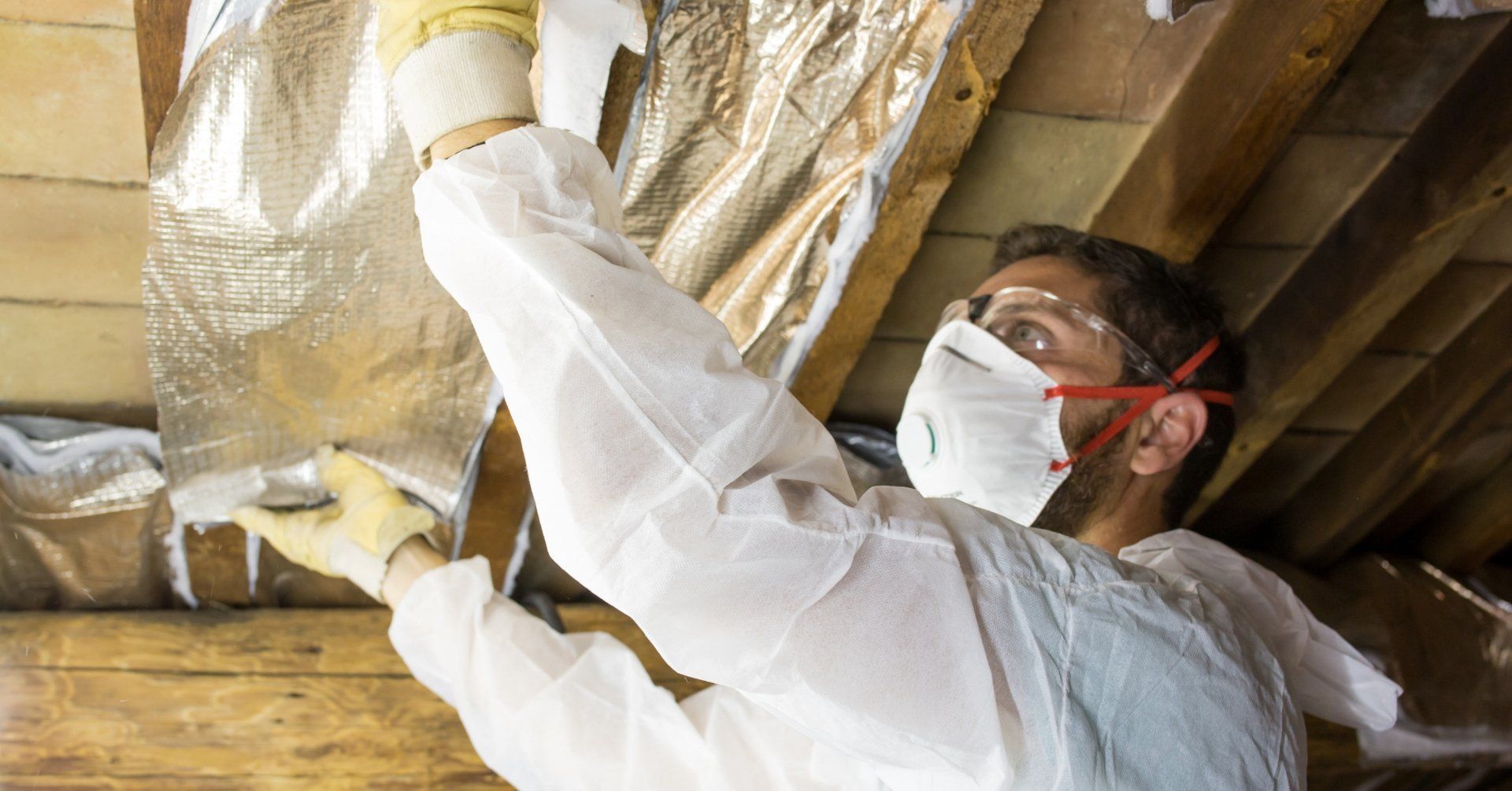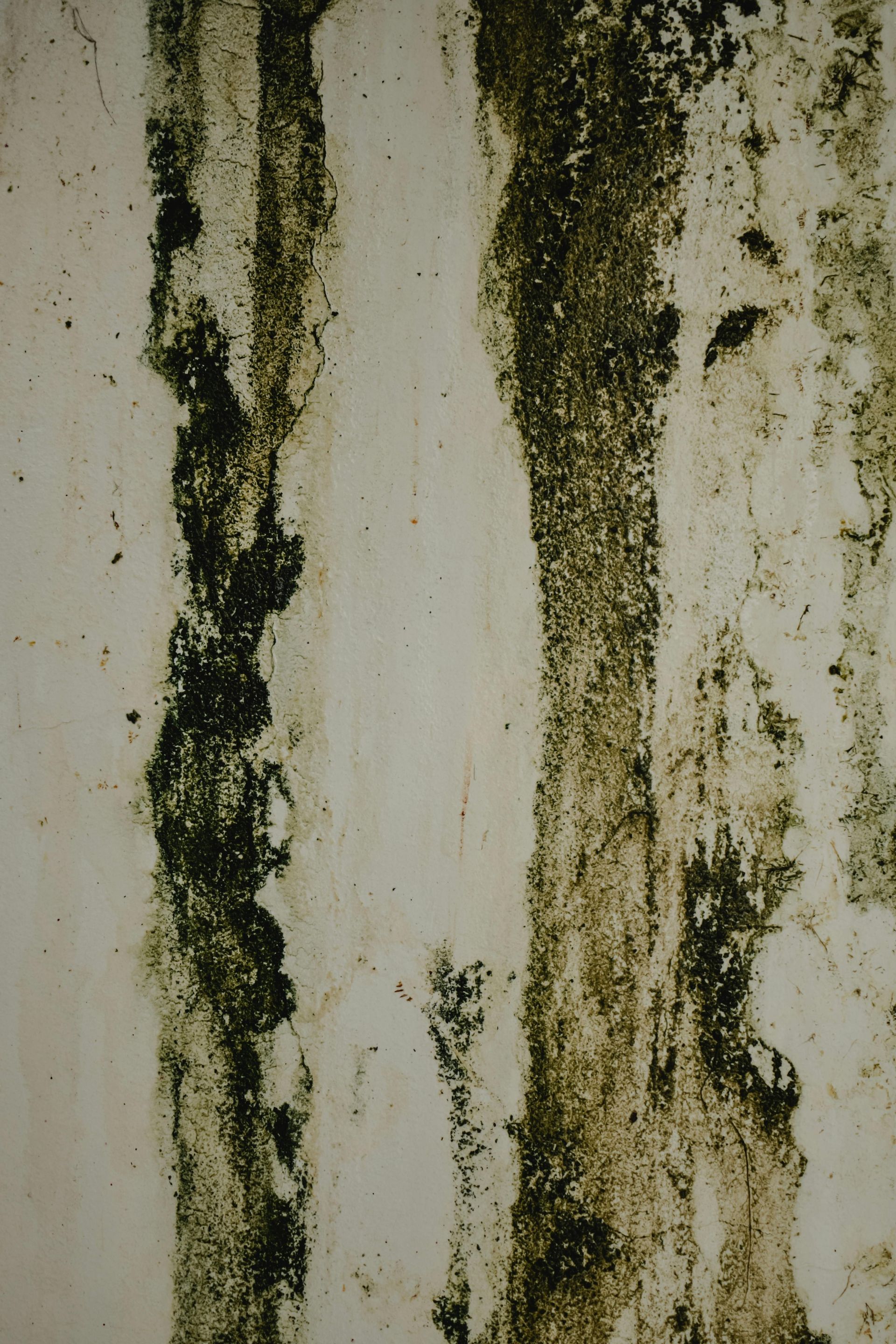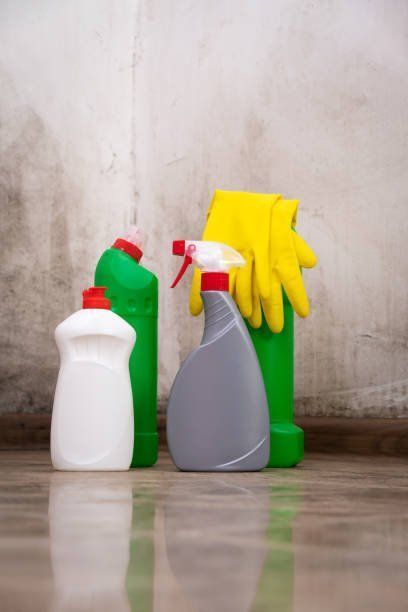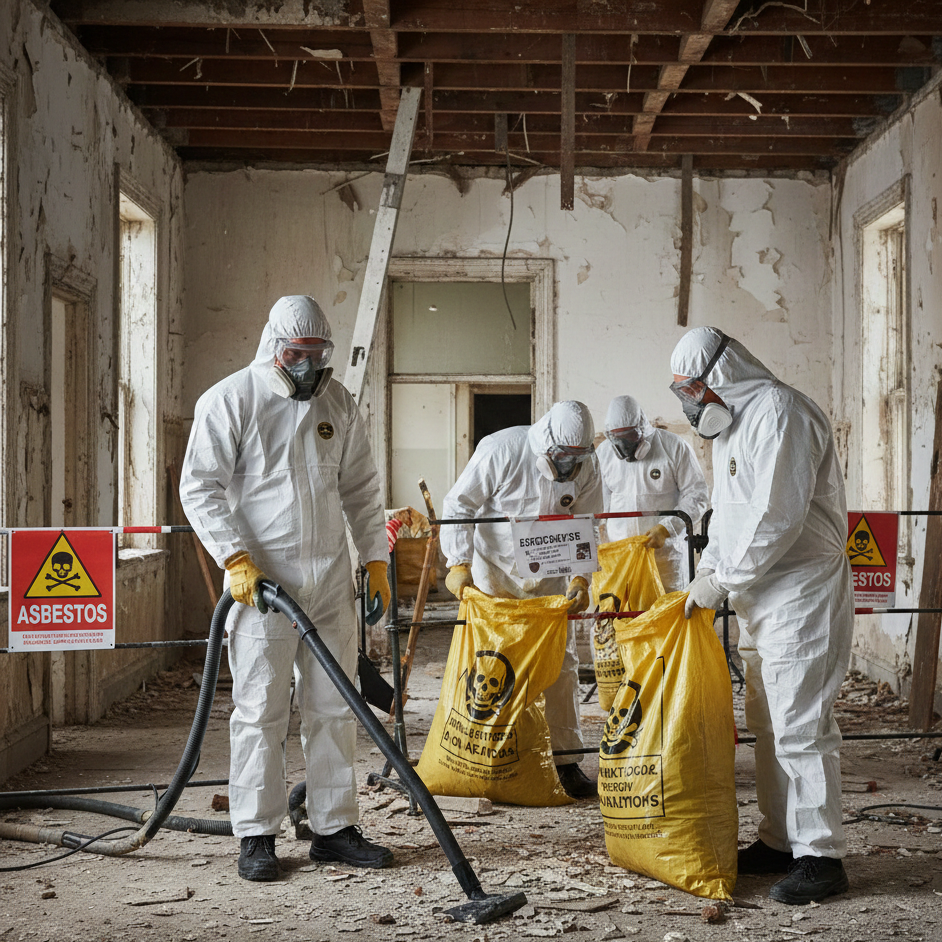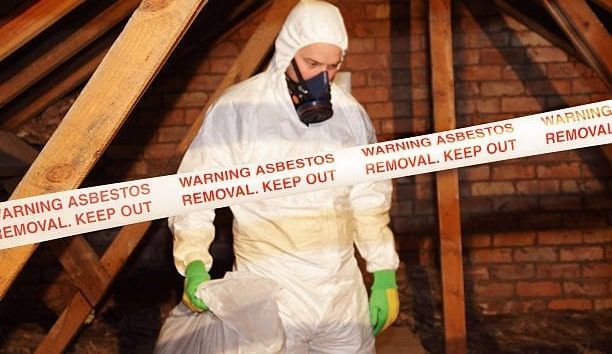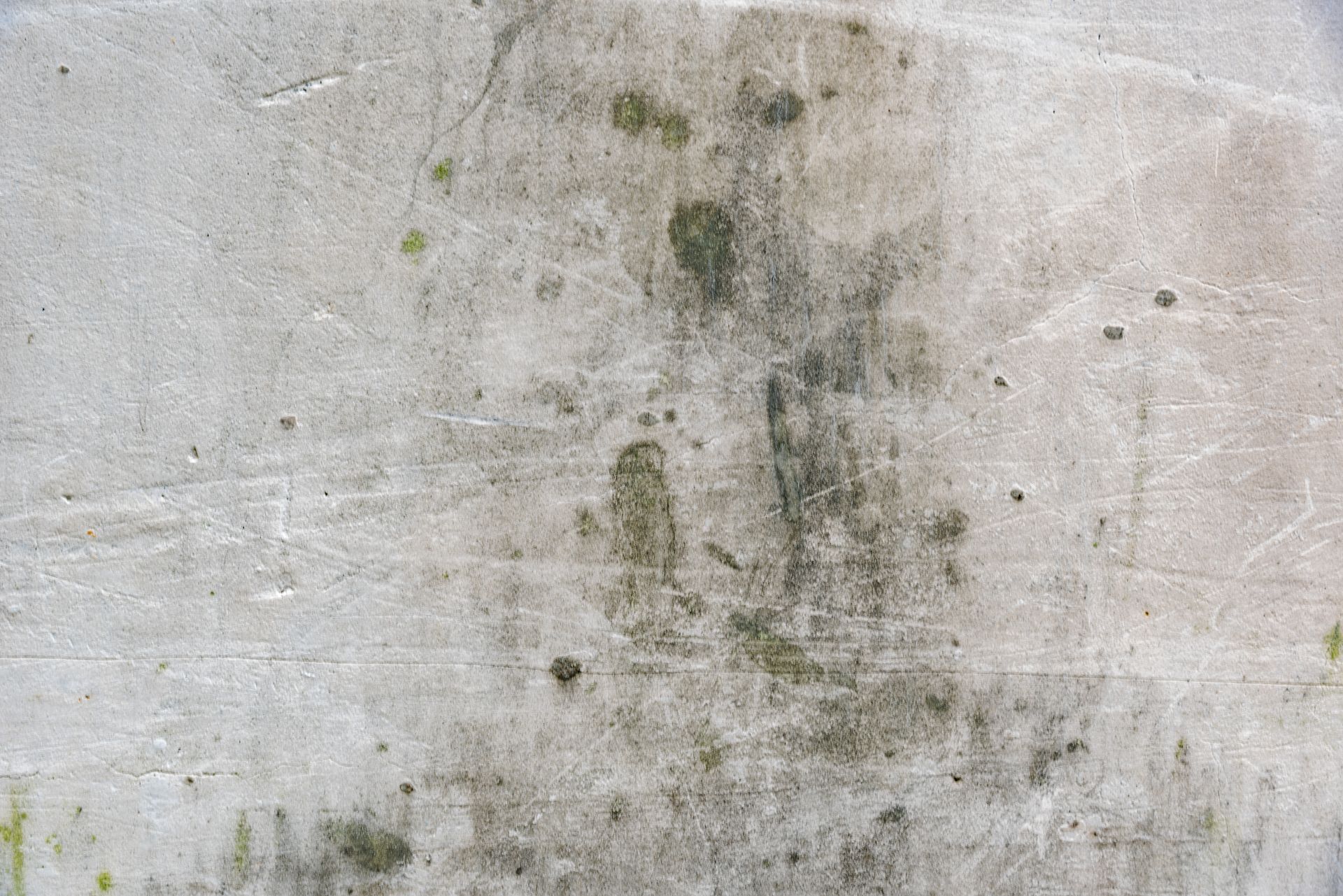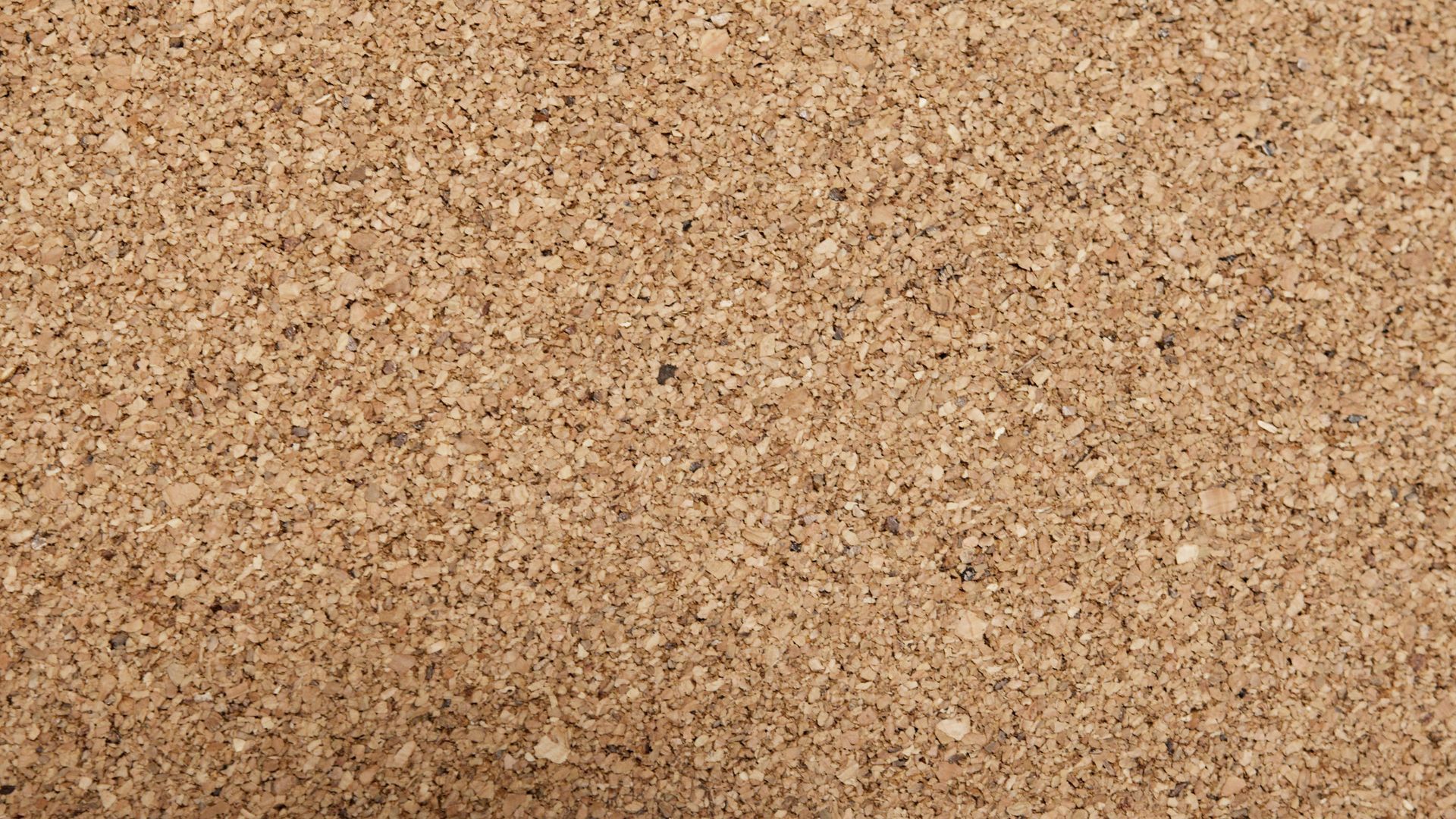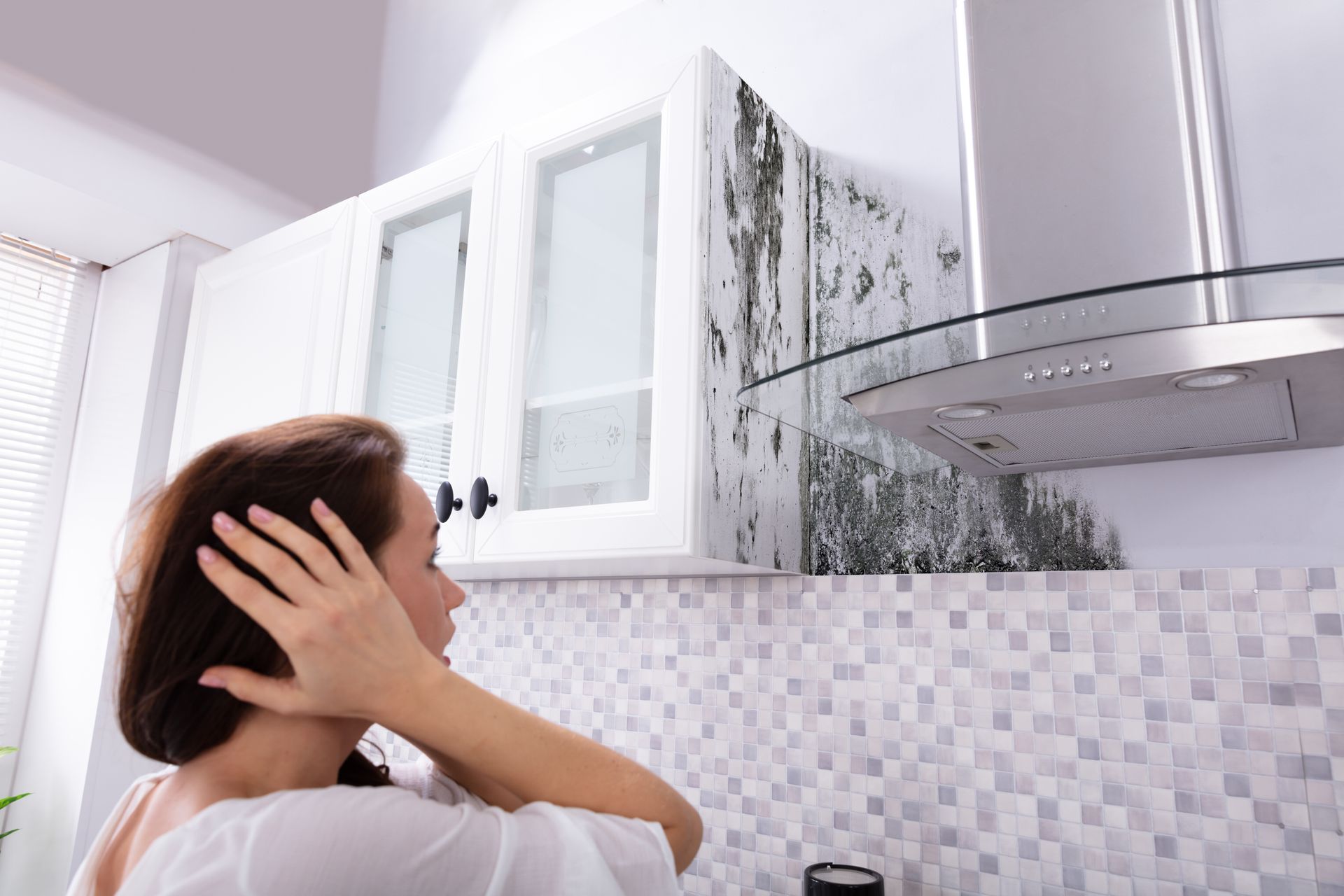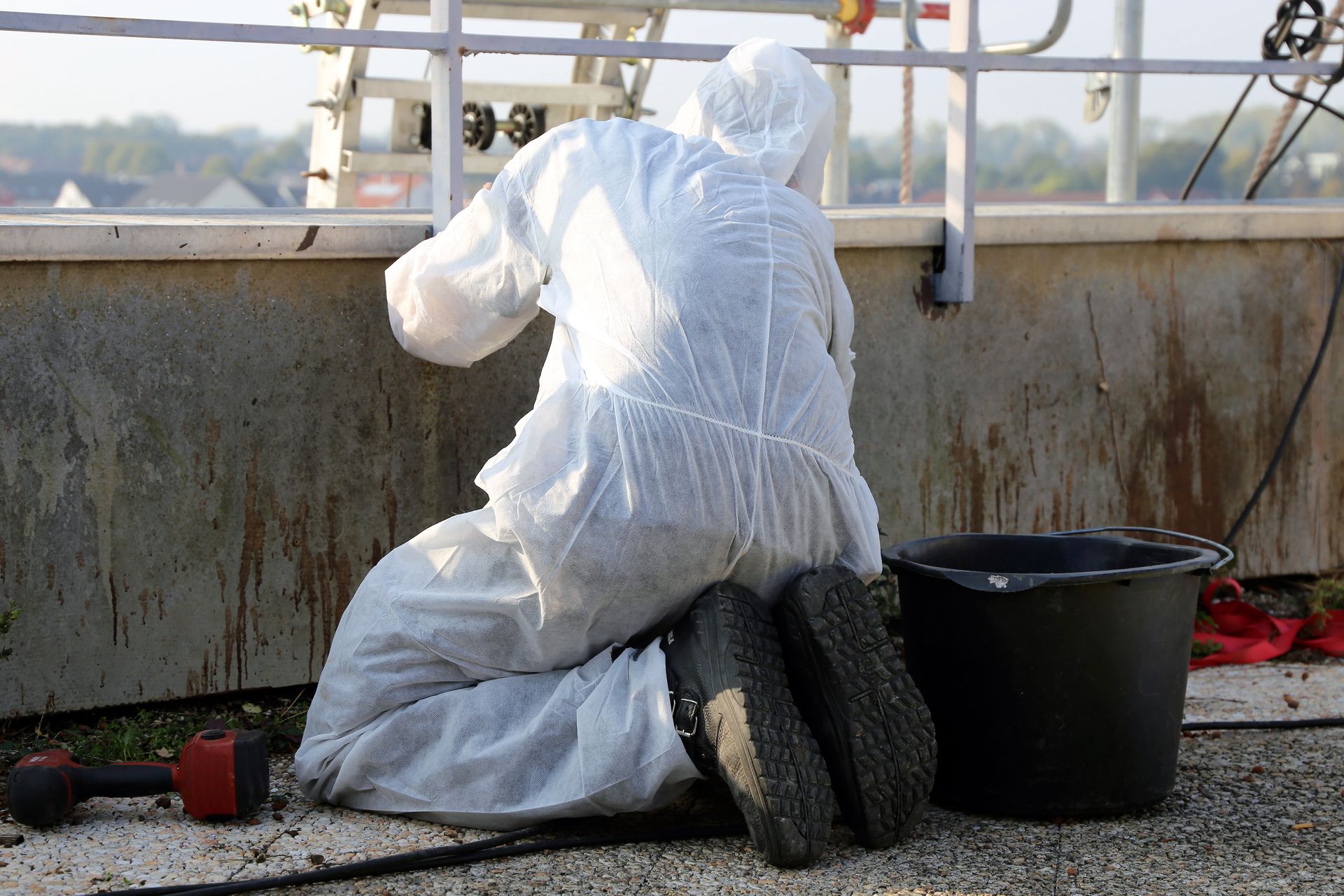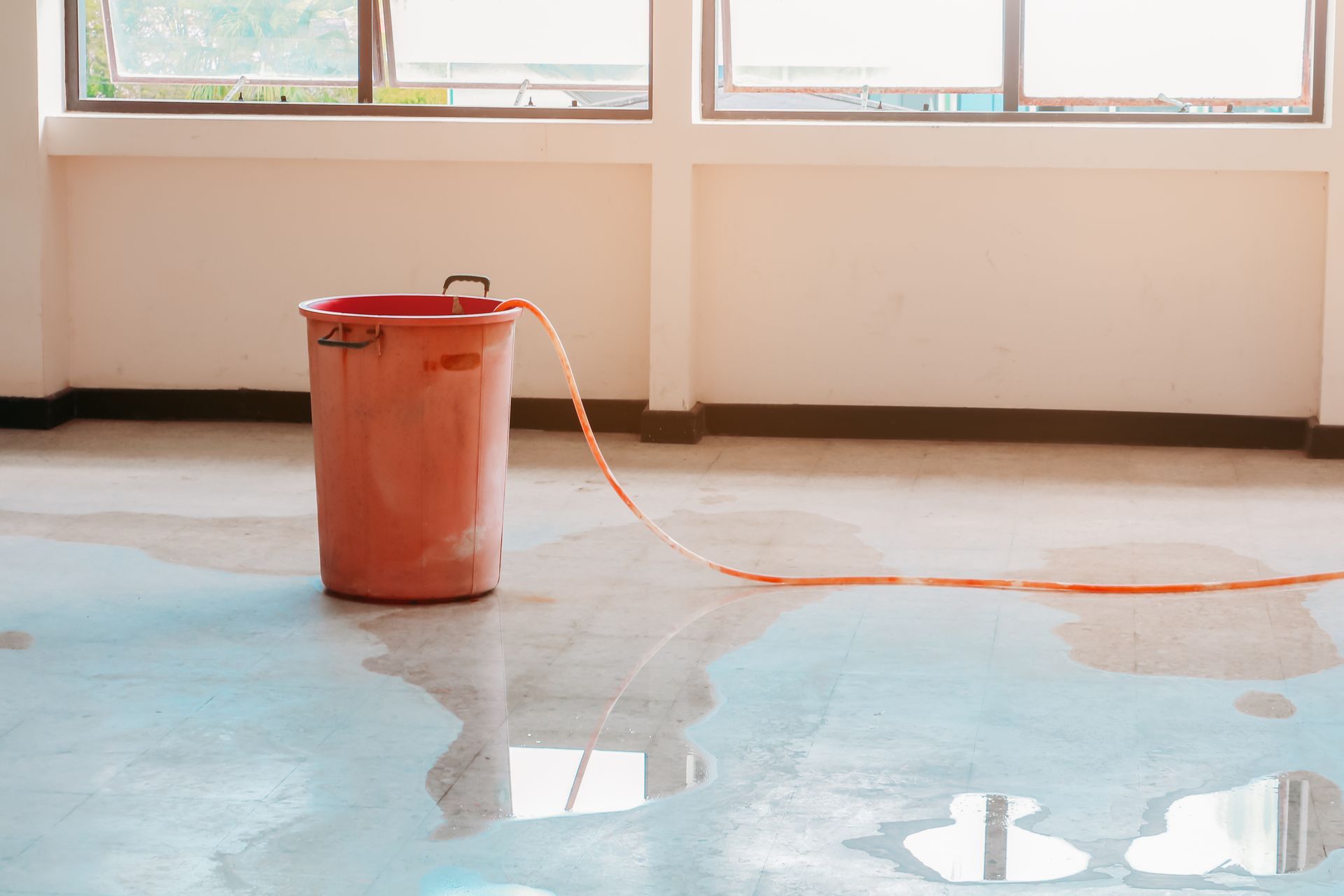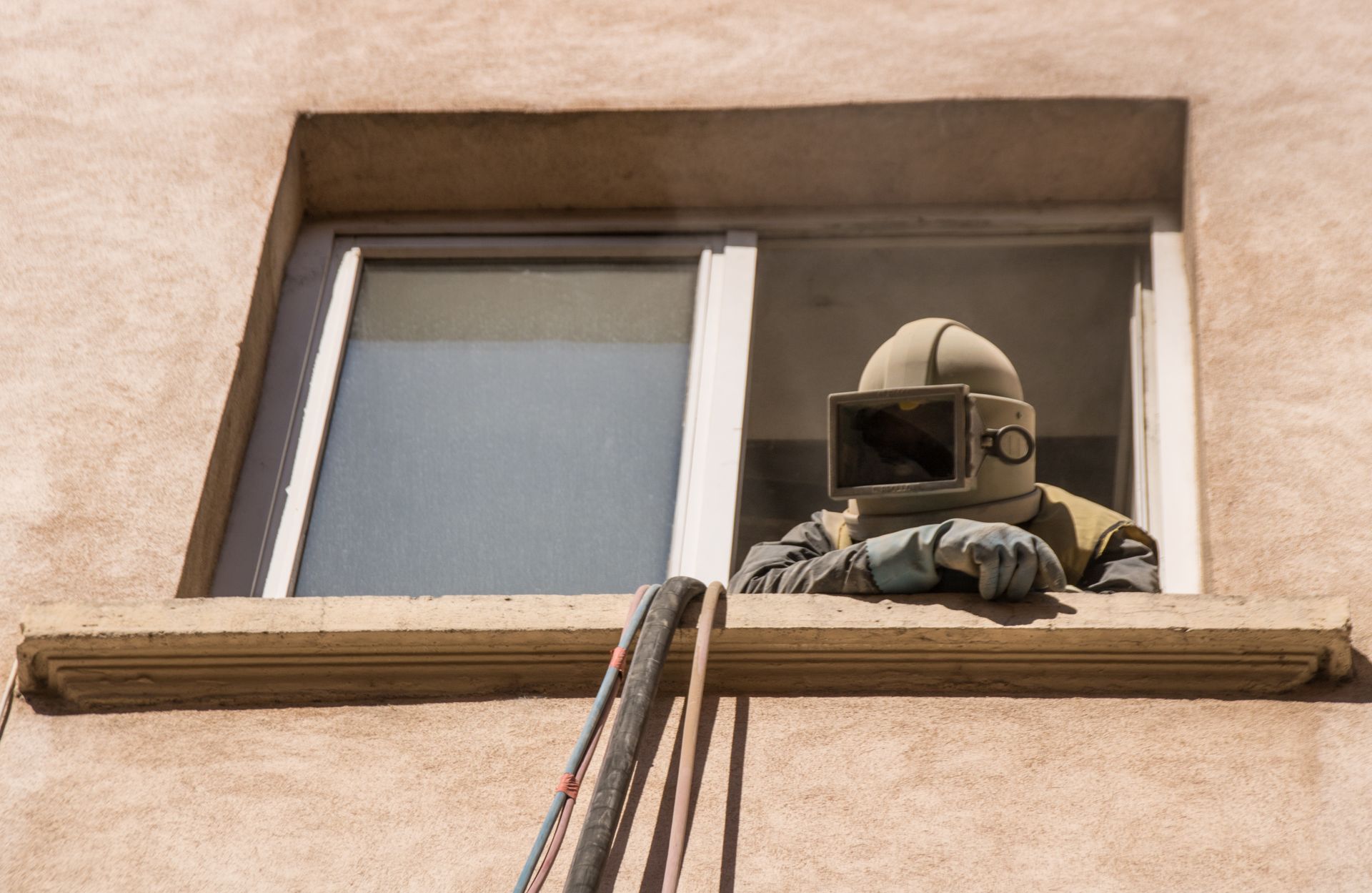Mold Inspection in Solon, OH: Spotting Hidden Risks in Your Home
Let’s talk about something that nobody wants to think about but absolutely should — mold. It’s sneaky, persistent, and shows up uninvited like a bad houseguest who eats all your snacks and refuses to leave. What’s worse? You might not even know it’s there until it’s already caused damage to your health and your home.
That’s why getting a mold inspection in Solon, OH isn’t just smart — it’s essential. Whether you’re buying a new house, noticing strange smells, or dealing with unexplained allergies, mold could be the culprit. And before you Google “mold inspection near me” and end up in an endless scroll of questionable contractors, read this first.
In this post, we’ll cover what mold inspections involve, why they matter, and how to recognize the signs before your cozy home turns into a science experiment.
Why Mold Loves Your Home More Than You Do
You might think mold only grows in abandoned buildings or soggy basements, but the truth is mold isn’t picky. It will take up residence anywhere there’s moisture, warmth, and something to feed on. Unfortunately, that “something” is often your drywall, carpet, insulation, or wood.
Common areas where mold hides:
- Basements: The perfect combo of damp and dark
- Bathrooms: Leaky pipes and steamy showers? Mold paradise
- Attics: Poor ventilation and roof leaks make it mold’s secret hideout
- HVAC Systems: Mold spores love a ride on your ductwork
- Under Flooring: Spills, leaks, and condensation under carpets or hardwood
If your home has had a leak, flood, or water damage at any point, mold could be hiding behind the walls or under your feet. The worst part? You won’t always see it. Sometimes mold gives no visual clues, but your nose or sinuses might pick up what your eyes can’t.
What Happens During a Mold Inspection in Solon, OH?
So you’re suspicious. The basement smells like an old gym locker, or someone’s allergies seem to flare every time you step into the house. Time for a mold inspection. But what exactly happens during one?
Here’s what to expect during a professional mold inspection:
- Visual Assessment: A licensed inspector will look for visible signs of mold and moisture damage throughout the home, including attics, crawlspaces, basements, and behind major appliances.
- Moisture Mapping: Using infrared cameras and moisture meters, inspectors can detect areas of high humidity or hidden water intrusion, even inside walls.
- Air and Surface Sampling: Air samples are collected to identify the presence and type of mold spores. Surface samples can be taken from areas that look suspicious.
- Lab Testing: Samples are sent to a certified lab for analysis. Results usually come back within a few days, confirming what types of mold are present and their concentrations.
- Detailed Report: You’ll receive a comprehensive report outlining what was found, where it was found, and what you should do about it.
It’s not just about finding mold — it’s about understanding the full picture so you can take the right steps to fix the issue. Whether you live in a century-old colonial or a shiny new build, mold doesn’t discriminate.
Signs You Might Need a Mold Inspection
Mold doesn’t always wave a red flag. Sometimes it shows up with subtle clues — which is part of what makes it such a problem. If you’ve ever shrugged off a “musty smell” or blamed allergy symptoms on the season, it might be time for a second opinion.
Top signs that it’s time to search “mold inspection near me”:
- Persistent Musty Odors: If it smells like an old basement, it could be an old basement with a mold problem.
- Unexplained Health Issues: Sneezing, coughing, headaches, or skin irritation can be caused by mold exposure, especially if symptoms go away when you leave home.
- Past Water Damage: Leaks, floods, or plumbing issues? Mold might have snuck in with the water.
- Visible Spots or Discoloration: Black, green, or white splotches on walls, ceilings, or baseboards are a clear warning.
- Condensation or High Humidity: Moisture breeds mold. If your windows constantly fog up or your home feels like a rainforest, get it checked out.
- Buying or Selling a Home: A mold inspection can protect you from unexpected costs and legal issues during real estate transactions.
Why DIY Mold Testing Isn’t the Same as Professional Inspection
We love a good DIY project — painting the bathroom, building a garden box, assembling IKEA furniture (okay, maybe not that last one). But when it comes to mold, a home test kit isn’t going to cut it.
Here’s why professional mold inspection is worth it:
- Accuracy: Store-bought kits can detect spores, but they won’t tell you where the mold is coming from or how bad it is.
- No Guesswork: Professionals use specialized tools and lab testing to get a full understanding of the situation.
- Thoroughness: Inspectors look at areas you wouldn’t think to check, like behind walls, inside HVAC systems, or under insulation.
- Actionable Advice: A pro can walk you through your next steps, including mold remediation, repairs, and prevention.
Trying to tackle mold yourself without knowing the source is like putting a Band-Aid on a leaky pipe. It might help for a minute, but the real issue is still hiding below the surface.
Trust Hathaway Environmental for Expert Mold Inspections in Solon, OH
Protect Your Home and Health with Professional Mold Detection
If you suspect mold in your home, don’t wait for it to get worse. At Hathaway Environmental, we offer thorough mold inspection in Solon, OH, with accurate testing and clear, honest reporting. Our experienced team knows where to look, what to test, and how to help you take control of the situation quickly and safely.
We serve homeowners and businesses in Solon and the surrounding areas with a wide range of environmental services, including asbestos abatement, vermiculite insulation removal, water damage restoration, and more. Call us today at (216) 538-8355 to schedule your mold inspection. Peace of mind starts with a phone call — and ends with a healthier home.
FAQ
How long does a mold inspection take?
Most inspections take between 1 to 3 hours depending on the size of the home and how accessible problem areas are.
How much does a mold inspection cost?
Prices vary depending on the complexity of the inspection and whether lab testing is included. We’ll provide a quote before getting started.
Is mold always dangerous?
Not all mold is toxic, but any mold can trigger health problems in sensitive individuals and should be addressed.
What should I do if I see mold?
Avoid disturbing it. Call a professional for inspection and possible remediation. Scrubbing it with bleach can actually make it worse in some cases.
Do I need mold inspection when buying a home?
Absolutely. Mold can be hidden and expensive to fix. An inspection ensures you know what you're getting into before signing.
